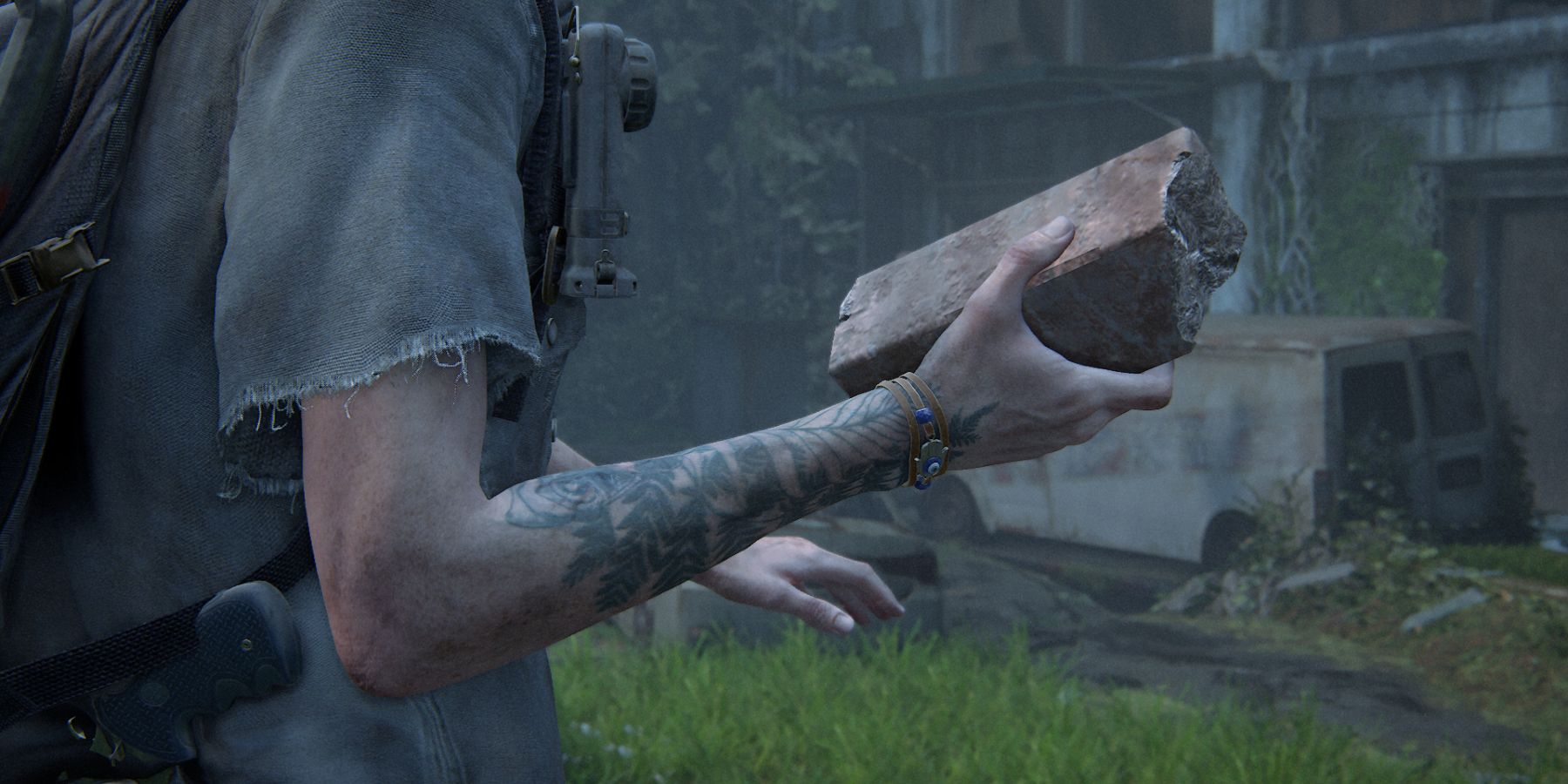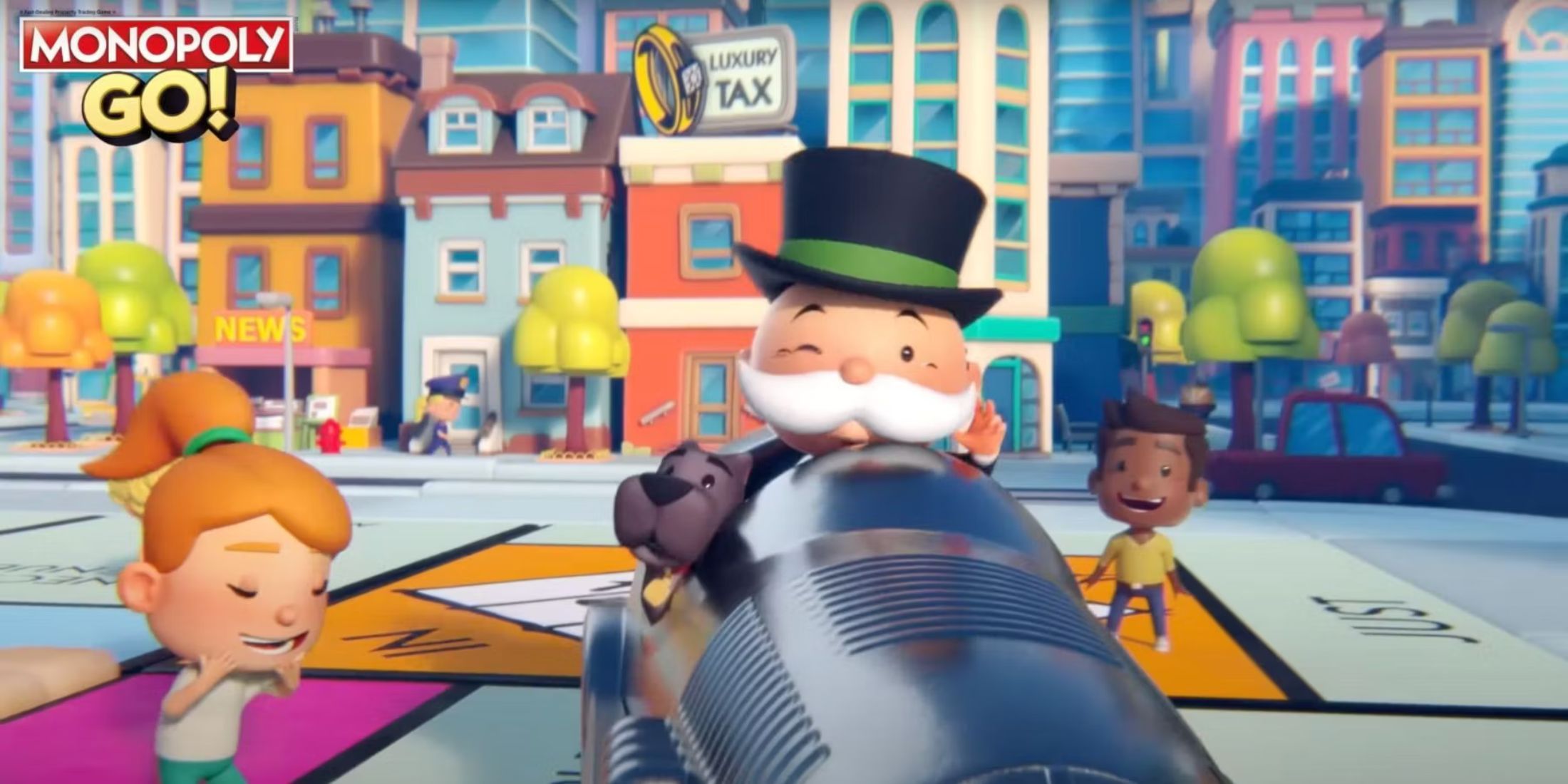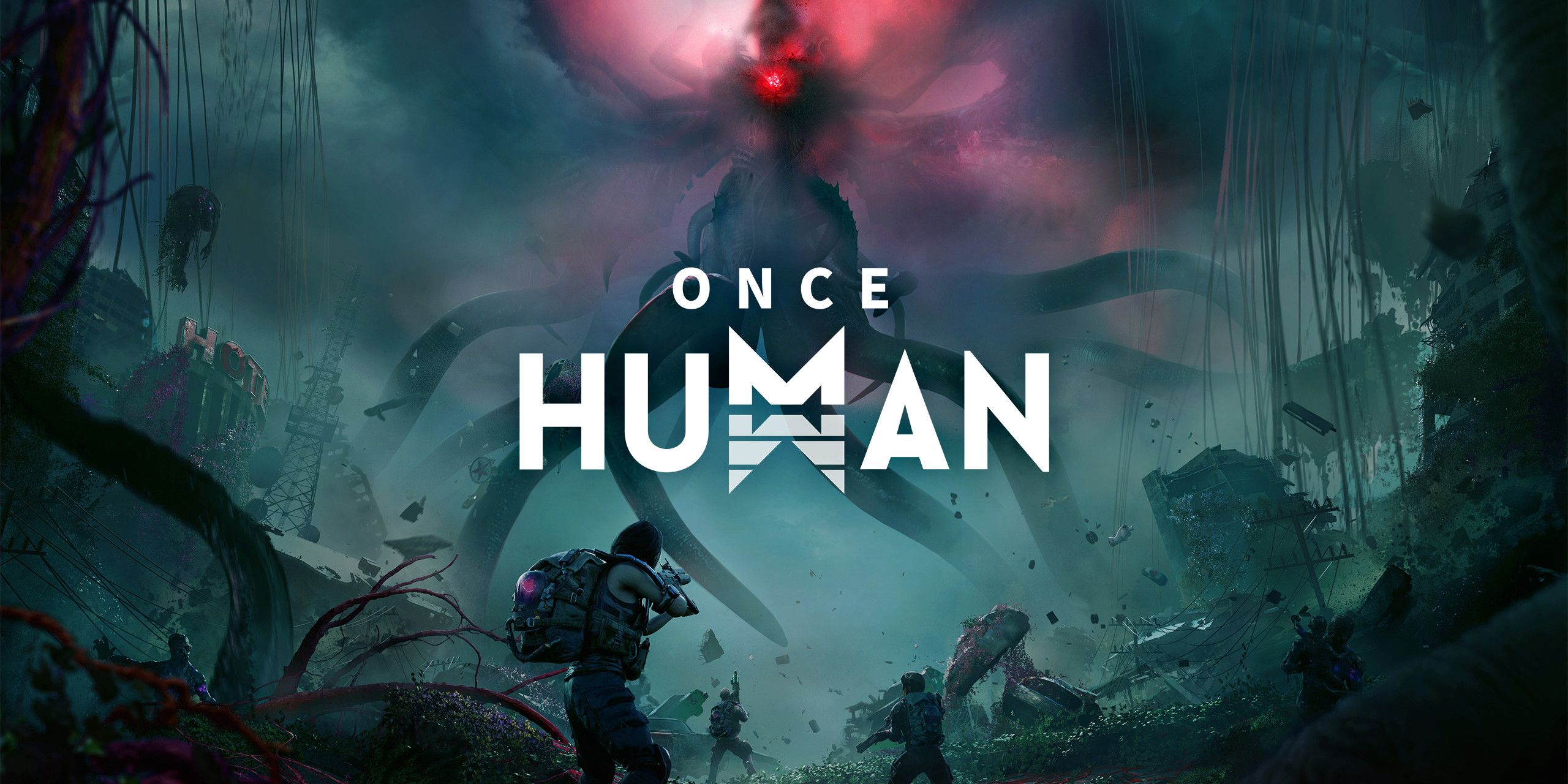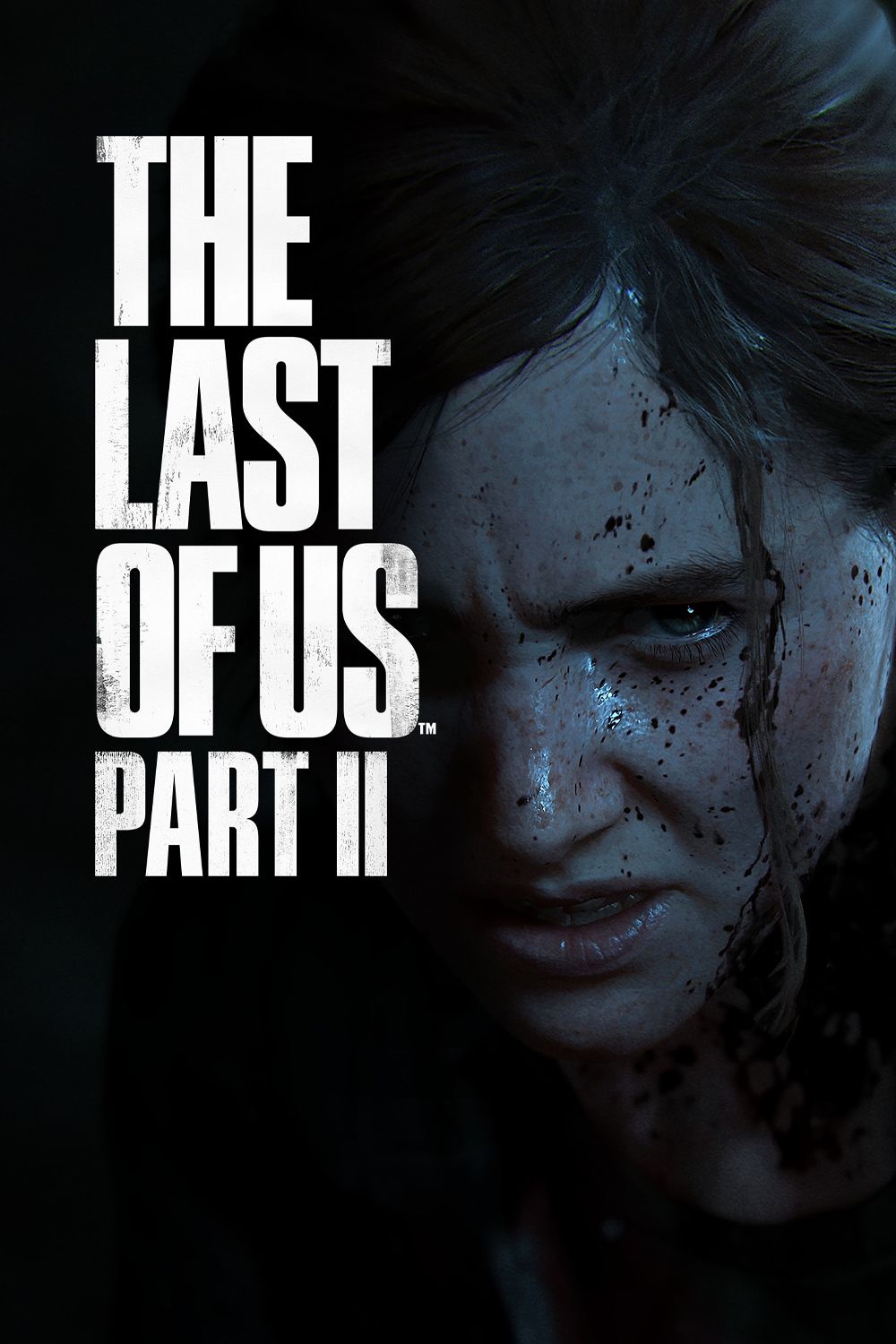Highlights
- The Last of Us Part 2 is a goodbye letter to Joel, characterized by the symbolism of guitar playing and Joel and Ellie's strong bond.
- The guitar-playing mechanic in the game provides an interactive way for players to experience the lasting relationship between Joel and Ellie.
- It is unlikely that the guitar-playing mechanic will continue in The Last of Us Part 3, as Ellie's hand injury and a possible focus on new characters may make it redundant.
The Last of Us has always been a story of tender, somber grief. Many other themes are interwoven into that underlying atmosphere with varying degrees of happiness and optimism peppered throughout, but it’s largely about how individuals cope with loss against the backdrop of an apocalypse. The Last of Us demonstrated how two people who had already lost so much could connect and find purpose in one another as someone to fight with and for, while The Last of Us Part 2 demonstrated how the disruption of that connection created further challenges and immense grief.
Ellie is a much different character in Part 1 than she is in Part 2 and that’s because of Joel’s death, but through his death it becomes even clearer how close the two were and how their relationship continued to develop between each game. The entire sequel essentially acts as a goodbye letter to Joel, a character whose popularity exceeds the amount of actual time players spend with him in-game, and one of the ways that Joel and Ellie’s connection is illustrated is in how he taught her to play the guitar. This, too, is represented in The Last of Us Part 2’s guitar-playing mechanic.

How The Last of Us’ HBO Show Can Immersively Portray the Game’s Combat
The Last of Us has nuanced combat mechanics with bricks, bottles, shivs, and other diverse melee instruments that should play a role in the HBO show.
The Last of Us’ Guitar-Strumming Days May Already Be Over
The Last of Us Part 2’s Guitar Playing Connected Joel and Ellie
There’s a lot of symbolism in The Last of Us and it’s never more evident than when a character has been seen playing a guitar. Between the moth emblem that decorates Joel’s guitar stem and Ellie’s forearm, Joel’s promise to teach Ellie to play the guitar in Part 1, and where Ellie’s journey concludes in Part 2, the guitar is a constant reminder of their bond.
The guitar itself is in the first shot of Part 2 with Joel cleaning it while divulging to Tommy what really occurred at Saint Mary’s, as well as in the initial reveal teaser for the sequel. Joel is then seen playing guitar on his home’s porch in Jackson during the late-game’s heartbreaking flashback cutscene, Ellie unsuccessfully playing guitar in the final moments of the game due to her severed fingers representing that dissonance, and so forth.
That’s why fans actually getting a guitar-playing mini-game in Part 2 works so cohesively—it helps create an interactive way for players to see that relationship. It’s true that this guitar playing also bleeds into Ellie’s relationship with Dina, but it’s definitely more emphatic of her and Joel’s connection.
The Last of Us Part 3 isn’t Likely to Rehash Old Connections
Strumming labeled notes with a PlayStation controller’s touchpad and seeing authentic finger placement animations is fantastic, but it doesn’t seem like this system will have much longevity outside Part 2. There’s a chance Ellie hasn’t serenaded Dina for the last time, but with her hand now compromised it seems unlikely that she’d be picking up a guitar to do so.
Part 2 made it fairly plain that Ellie was putting down the guitar for good, and her acceptance of Joel’s death coming to some semblance of closure being bookended by the choices she'd made.
If the third game is about Ellie moving forward, Abby and Lev’s adventures in finding the Fireflies, or a completely new cast of characters, there’s a high unlikelihood that musicality will play a substantial role anymore. This would be a shame since guitar playing was a fun control scheme, but reprising it outside a cute nod to The Last of Us Part 2 might seem redundant or cumbersome unless characters have a salient reason to have a guitar with them as well, though topping the symbolism that the guitar has had in the past would be a tall order.




